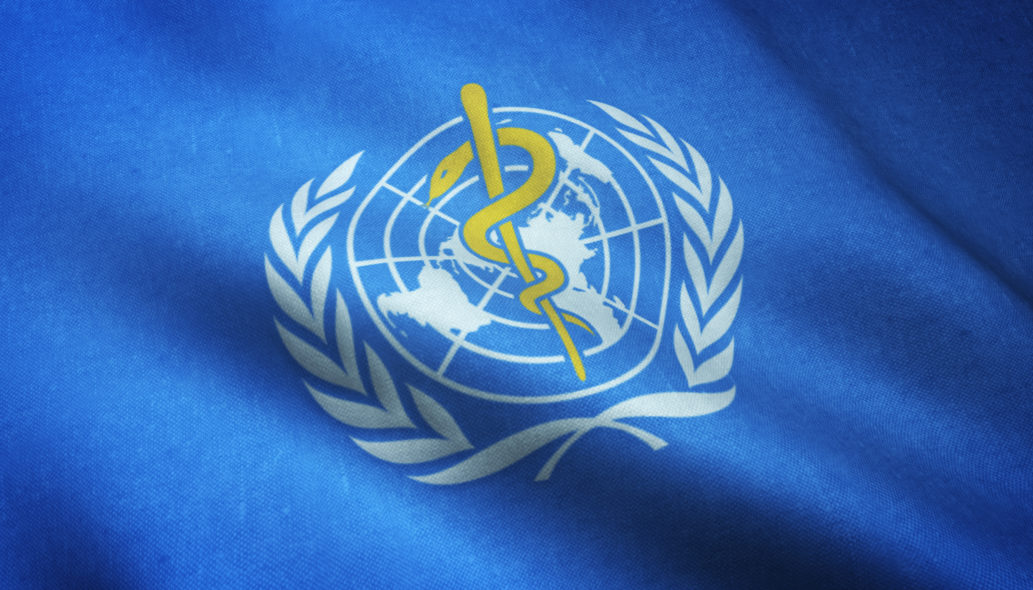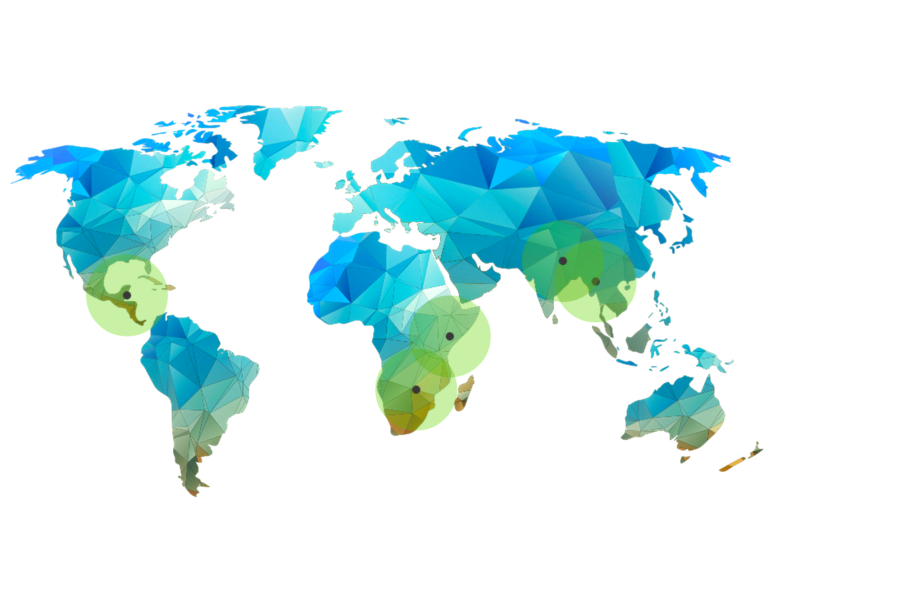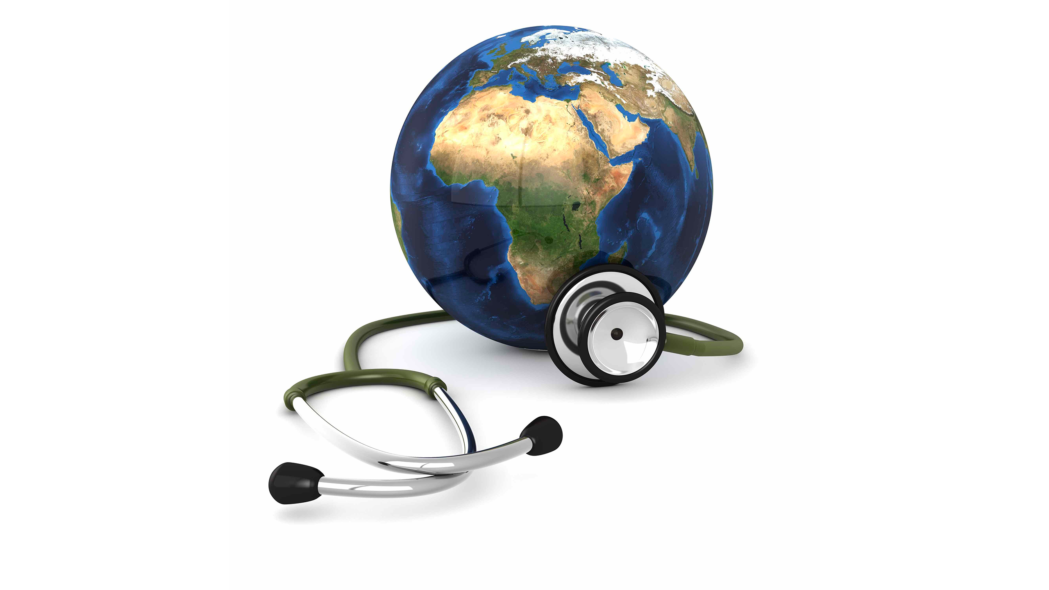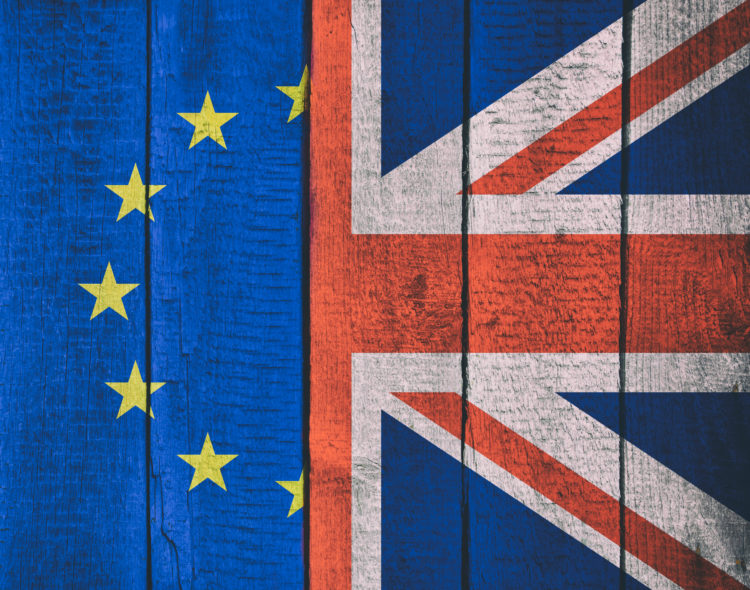MedTech Europe works closely with global organizations whose activities affect the medical devices and IVDs sectors, including:
- International Medical Device Regulators Forum (IMDRF), which gathers key regulatory bodies with the aim of facilitating the global harmonization and convergence of rules on medical devices. Harmonization and convergence can help both patients and manufacturers by way of ensuring that basic test standards are the same wherever in the world they are deployed, streamlining the development of new products and ensuring a faster access to medical treatments.
- Global Harmonization Working Party (GHWP), which groups experts from the MedTech regulatory authorities and industry with the goal to study and recommend ways to harmonize global medical device regulations.
- World Health Organization (WHO),which develops policies to tackle chronic and infectious diseases, manage outbreaks and improve access to diagnostics. It also sets key standards and guidelines to support the development of health systems and policies. The WHO also manages the Prequalification of In Vitro Diagnostics programme .
- Expert Committee on Biological Standardization (ECBS) of the WHO, which provides recommendations and guidelines for the manufacturing, licensing and control of blood products and related in vitro diagnostic tests along with the establishment of WHO Biological Reference Materials.
- UNITAID,which uses innovative financing to increase funding for greater access to treatments and diagnostics for major diseases such as HIV/AIDS, malaria and tuberculosis in low-income countries.
- United Nations Children’d Fund (UNICEF),which works around the world in areas such as maternal, newborn and child survival and well-being.
- Foundation for Innovative Diagnostics (FIND), which seeks to ensure equitable access to reliable diagnosis around the world, with a focuson HIV, Tuberculosis, Human African Trypanosomiasis (sleeping sickness), Leishmaniasis and Chagas Diseases (American Trypanosomiasis).
- Global Fund,which focuses on AIDS, TBC and Malaria, and has a specific diagnostic programme.
- Fondation Mérieux,which fights infectious diseases affecting vulnerable populations in developing countries.
- Médecins Sans Frontières (MSF), which is active in the areas ofHIV, TB, tropical diseases.
- Bill and Melinda Gates Foundation, which also addresses global health challenges.
- International Committee of the Red Cross (ICRC), which ensures that people affected by conflict can get basic health care that meets universally recognized standards.
- Directorate-General for European Civil Protection and Humanitarian Aid Operations (DG ECHO), which provides assistance, including medical care, to countries and populations affected by disasters or humanitarian emergencies.







